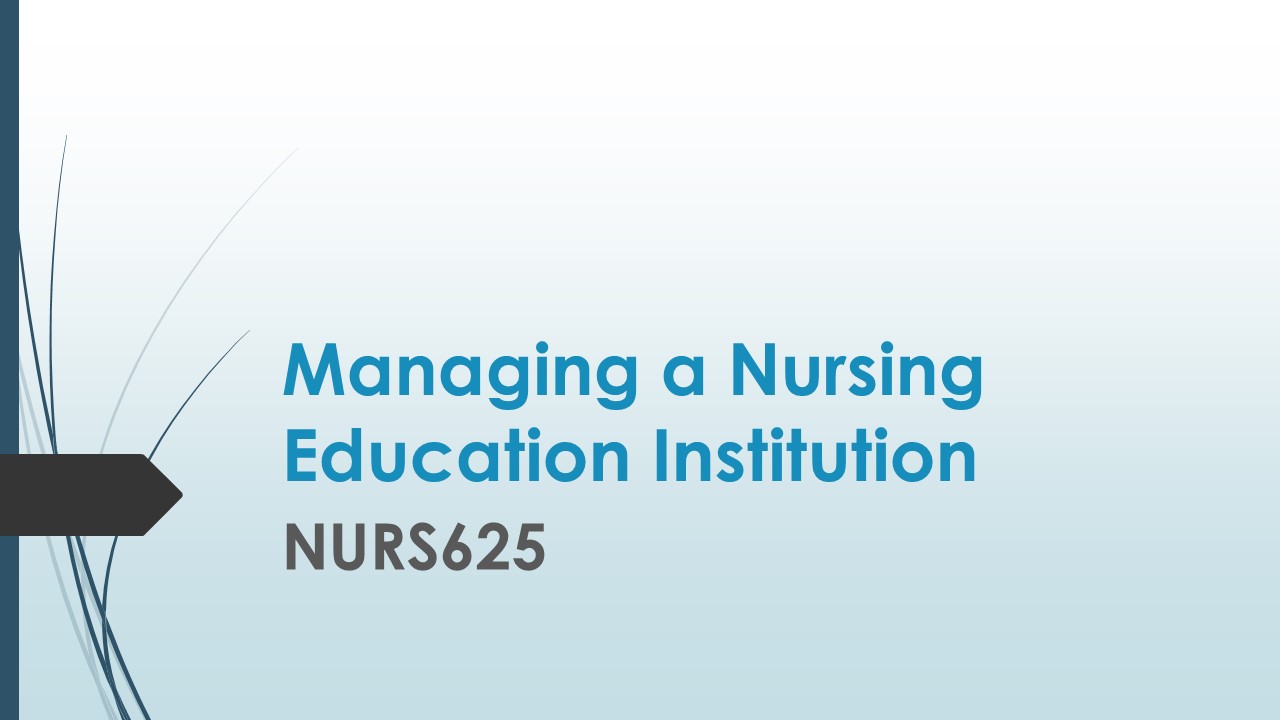Welcome to the second semester of PGDip in Nursing Education module:
Trends and Issues in Health Professional Education (NURS624)
This module integrates information from all the nursing education specializations, additionally, it provides students with a broader understanding of transformations in higher education, health professionals’ education, and in nursing and midwifery education. It also offers students the opportunity to reflect on the current trends and issues globally and locally that influence nursing education as well as the innovative approaches to teaching and learning in line with the reforms in nursing education and health professionals’ education. You will understand more about it in your exploration of its contents.
- Teacher: Barbara Makhosazane Dube
- Teacher: Penelope Margaret Orton
- Teacher: Edith Pakkies
